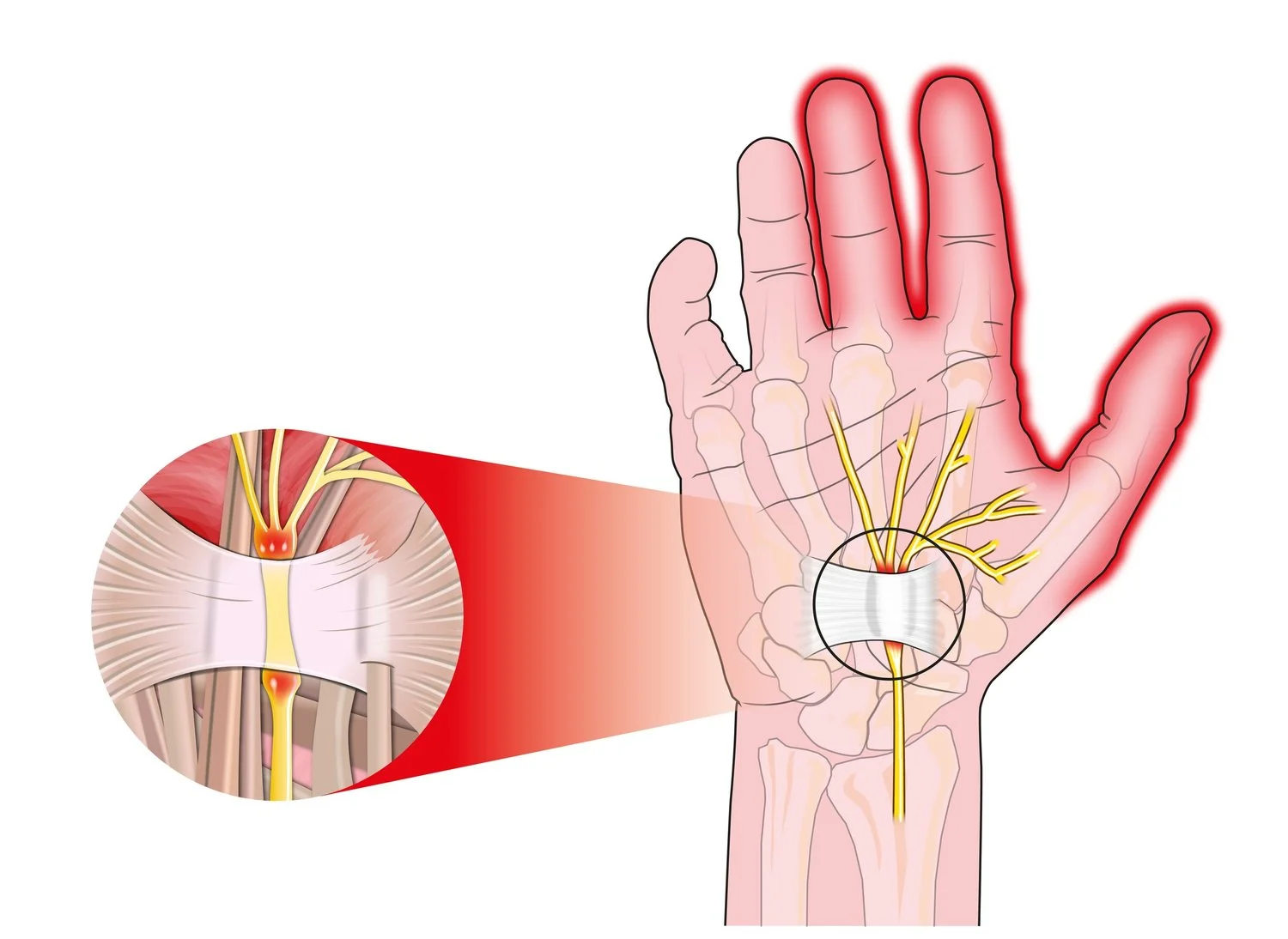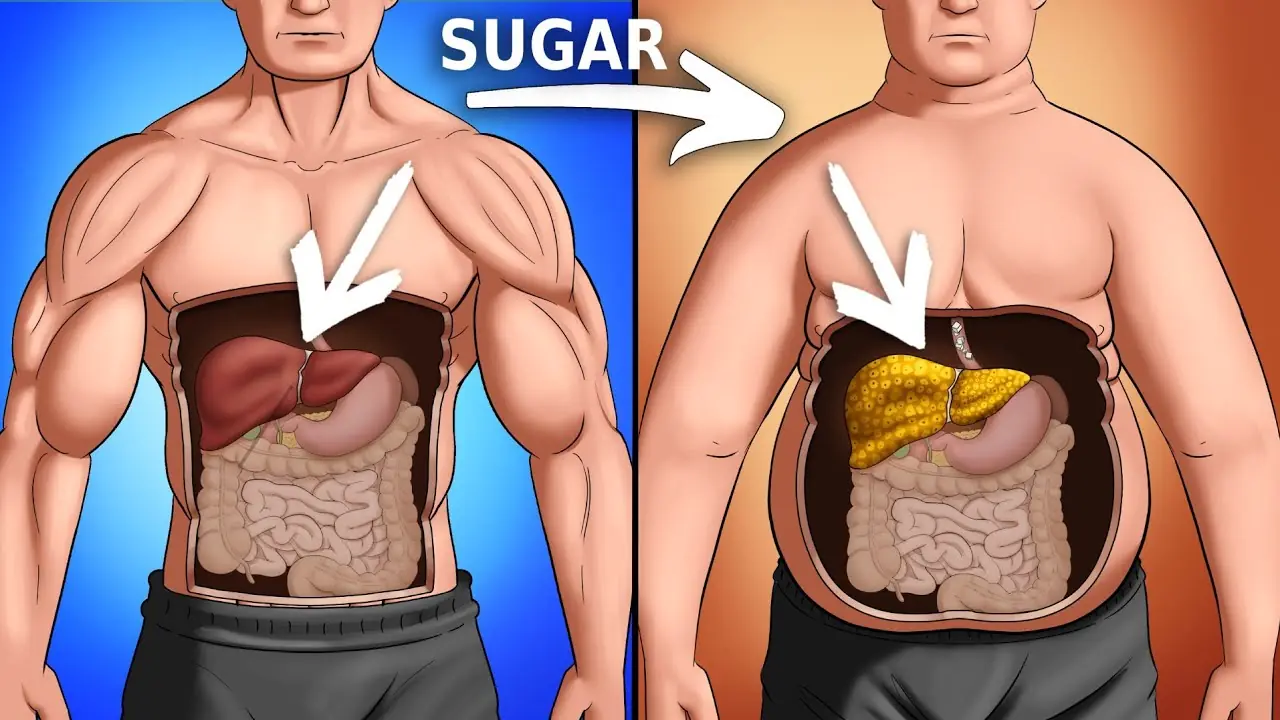
Waking Up with Numb or Tingling Hands: What It Really Means (Science-Based)
Waking Up with Numb or Tingling Hands: What It Really Means (Science-Based)
Waking up to numb or tingling hands is a common experience for many. Often, it's as simple as having slept on your hand, compressing nerves and causing that familiar "pins and needles" sensation. Sometimes, your hands might even feel completely numb. Typically, changing your position quickly restores sensation and makes the tingling disappear.
However, if you frequently experience numb or tingling fingers, or stiff hands in the morning, there could be an underlying cause. Nerve damage, carpal tunnel syndrome, autoimmune conditions, or diabetes can lead to chronic hand numbness. In these cases, the prickly sensation might not just be present upon waking but could continue throughout the day.
This article will delve into the scientific reasons why you might be waking up with numb and tingling hands. We'll also provide helpful tips on what to do if your hand "falls asleep" at night.
Why Do My Hands Feel Tingly and Numb When I Wake Up?
Researchers from the National Institutes of Health refer to the medical term for a tingling sensation in the limbs as paresthesia. This prickly feeling in your hands usually occurs when there's sustained pressure on the nerves in your arms and hands. For example, falling asleep with your head resting on your arm will likely result in waking up with pins and needles in that arm and hand [2].
It seems our arms and hands are particularly susceptible to developing "pins and needles" during the night. Dr. Brandon J. Wilhelmi, a Professor of Plastic Surgery, explains that the hands contain a complex network of nerves, ligaments, and blood vessels. The three main nerves providing sensation to the hand are the median, radial, and ulnar nerves. You might wake up with numb or tingling hands or arms if any of these nerves are compressed, damaged, or irritated [1].
Waking Up with Numb Fingers, Hands, or Arms: Related Symptoms
If your morning hand tingling or numbness is simply due to sleeping on your arm, "pins and needles" is likely your only symptom.
However, if an underlying cause is responsible for your hands feeling asleep in the morning, you might experience any of the following additional symptoms:
-
Feeling like you have electric shocks in your fingers.
-
Tingling sensation that travels the length of your arm to your shoulder.
-
Weakness and difficulty gripping objects tightly.
-
Inflammation in your finger joints or wrist.
-
Tingling or numbness in both your hands and feet.
-
Numbness on the back of your hand.
-
Burning pain when sensation returns to your hands.
Reasons for Waking Up with Numb or Tingling Hands
Let's explore some of the most common reasons why you might experience tingling or numbness in your hands in the morning.
-
Sleeping in the Wrong Position Putting pressure on your hands during the night due to your sleeping position is a very common reason for waking up with tingling hands. Depending on how long the nerve was compressed, you might even wake up with the sensation that your entire arm has "fallen asleep."
A study published in the journal Plastic and Reconstructive Surgery found a link between hand tingling and numbness in the morning and sleeping position. Researchers observed that sleeping on your side (lateral sleep position) reduced instances of morning hand paresthesia [3].
Poor sleeping positions that can lead to waking up with numb hands include:
-
Sleeping with your head resting on a bent arm.
-
Falling asleep on your back with one or both arms outstretched above your head.
-
Sleeping with an arm tucked under your body. These positions can also sometimes lead to waking up with a sore shoulder.
-
-
Saturday Night Palsy Another sleep-related cause for waking up with an arm that feels paralyzed is "Saturday night palsy." The journal Neurosurgery explains that this term originated from individuals falling asleep, often intoxicated, with their arm pressed against a firm object. Alcohol intoxication typically prevents a person from waking up despite the arm or hand pain. The result is usually waking up with numbness in one hand and a throbbing headache [4].
Frequent excessive alcohol consumption is also linked to alcoholic neuropathy, characterized by tingling in both hands and feet. Dr. Carol DerSarkissian on WebMD notes that alcoholism can damage nerve endings or cause vitamin deficiencies that result in hand paresthesia [5].
-
Carpal Tunnel Syndrome A common cause of pain and numbness in your arms and hands while sleeping is carpal tunnel syndrome. Continuous pressure on the median nerve in your wrist can cause your palms to tingle in the morning.
Research published in the journal Neurologia Medico-Chirurgica indicates that the first sign of carpal tunnel syndrome is often waking up with tingling hands, which may be accompanied by hand stiffness. As the condition progresses, a person will experience hand tingling both during sleep and throughout the day [6]. Neurologist Dr. Friedhelm Sandbrink adds that carpal tunnel syndrome can make hands so painful at night that it wakes a person from sleep [17]. Many individuals with carpal tunnel syndrome report their fingers feeling like "sausages," even without visible swelling [6].
Many doctors suggest gently shaking your hands and fingers in the morning to help restore normal sensation.
-
Ulnar Nerve Compression Compression of the ulnar nerve in your hand can cause your fingers to tingle when you wake up. The Journal of Chiropractic Medicine reports that tingling in the pinky and ring fingers often worsens during the night. A person with ulnar nerve compression might also experience arm weakness along with burning pain. Researchers also noted that poor daytime posture can aggravate entrapped nerve symptoms at night [7].
Doctors from the American Academy of Orthopedic Surgeons state that numbness and tingling in the little and ring fingers frequently occur when sleeping with a bent elbow [8]. If you often wake up with tingling fingers, try bracing your arm to prevent bending it during sleep.
-
Vitamin Deficiencies Various vitamin and nutrition deficiencies can lead to hand tingling or numbness in the morning. Nerve damage can sometimes occur if your body struggles to absorb certain vitamins and minerals. The journal Neurologic Clinics describes a condition called nutritional neuropathies. Research has found that a lack of a healthy diet, gastrointestinal conditions, or pregnancy can all affect the nervous system [9].
Vitamin deficiencies that could be responsible for tingling fingers in the morning include:
-
Vitamin B12: Doctors say that a vitamin B12 deficiency can result in nerve damage causing numb and tingling hands and fingers [10].
-
Vitamin B6: A vitamin B6 deficiency can begin as numbness and tingling in the feet, eventually spreading to the hands, with a burning pain developing in the limbs. Some research suggests a lack of vitamin B6 can contribute to carpal tunnel syndrome [11].
-
Vitamin E: Your body needs sufficient vitamin E to help maintain healthy nerve function.
-
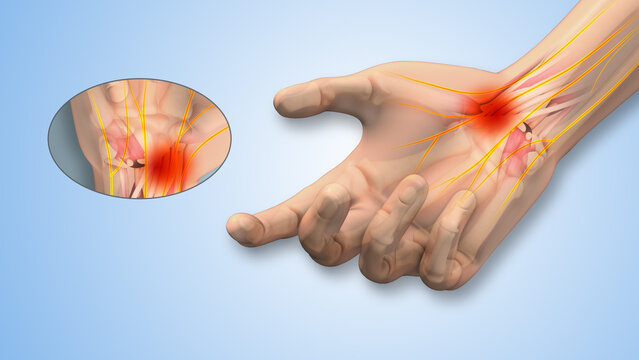
Other Reasons for Tingling or Numb Hands When Waking Up in the Morning
While pressed nerves in your shoulder, arms, or hands are the most common culprits for your hand "falling asleep" at night, several underlying health conditions can also cause you to wake up with tingling, itching, or numbness in your hands.
-
Diabetes and Numb Fingers in the Morning Diabetes can affect the nerves in your hand, causing you to wake up every morning with numb or tingling hands. Research by the American Academy of Neurology indicates that weakness, numbness, or tingling sensations in the hands or feet are signs of diabetes. This condition, called diabetic neuropathy, results from damage to your peripheral nerves.
Doctors note that diabetes tends to cause tingling and itching more in the upper limbs than the lower limbs. Diabetics can also experience arm pain and muscle weakness. Often, symptoms of tingling arms are more pronounced in the morning [12]. Diabetic neuropathy is also a cause of itchy arms or palms.
-
Stroke Persistent tingling or numbness in your hands could be a complication of a stroke due to nerve damage in your left or right arm. Doctors from the Mayo Clinic report that an uncomfortable chronic tingling sensation in the affected arm or hand is a common stroke complication. In some cases, stroke survivors find they lose all sensation in one of their arms [13].
In rare instances, waking up in the middle of the night with a paralyzed arm could be a sign of an impending stroke. The journal The Neurohospitalist describes a "wake-up" stroke as when a person goes to sleep and awakens with stroke symptoms [14].
Symptoms of a stroke include:
-
Paralysis or numbness affecting your arm, leg, or face on one side of your body.
-
Slurred speech.
-
Vision problems.
-
A severe headache. The Mayo Clinic states that many strokes can be prevented by adopting healthy lifestyle choices, such as lowering blood pressure, losing weight, and controlling diabetes, which can help reduce your risk of stroke.
-
-
Multiple Sclerosis (MS) Waking up with numb hands on most mornings is sometimes associated with multiple sclerosis (MS). Doctors from the Mayo Clinic explain that MS occurs when the body’s immune system attacks nerve fibers, leading to nerve degeneration. Numbness or tingling in your hands and other body parts is common. Sometimes the pain can be sudden and severe, feeling like an electric shock [15].
-
Other Reasons for Tingling Hands in the Morning According to doctors from the National Health Service, other potential reasons for waking up with pins and needles can include:
-
Raynaud’s disease: An autoimmune condition characterized by white fingertips and a tingling sensation in the palms and fingertips.
-
Medication side effects: Tingling hands can sometimes be a side effect of antibiotics and anti-seizure drugs.
-
Nerve damage from injury: Apart from compressed nerves, a physical injury can damage nerves and cause acute or chronic hand tingling.
-
Toxic substances: Heavy metals like lead, mercury, and certain chemotherapy drugs can cause your hands to feel tingly and numb.
-
Infections: For example, Lyme disease can cause a painful sensation of pins and needles in the hands and feet, sometimes appearing years after the initial infection [16].
-
What to Do If You Wake Up with Pins and Needles in Your Hands
If you experience tingling or numb hands in the morning, there are a few steps you can take to restore sensation. Dr. Friedhelm Sandbrink notes that many people find gently shaking their hands first thing in the morning can help relieve tingling caused by nerve issues [17].
How to "wake up" an arm that has fallen asleep:
-
Free your arm from whatever was pressing on it.
-
Gently flick or shake your hands for 5 seconds to help improve circulation.
-
Stretch your arms in front of you and slowly raise both above your head, trying to touch the ceiling. Hold for 5 seconds.
-
Loosen the nerves in your neck by gently moving your head from side to side, as if trying to touch your shoulders with your ears.
-
Roll your shoulders up and down, and back and forth, to help release tension in the nerves in your shoulder blade. Repeat these steps every morning to help relieve the sensation of numb or tingling hands.
How to Prevent Waking Up with Numb or Tingling Hands
If you frequently wake up with tingling fingers or palms, you may need to take preventative measures to avoid this discomfort:
-
Change your sleeping position: Try to avoid sleeping on your arm or hand, and don't let it dangle off the bed. Sleep on your side rather than your back, and alternate sides to prevent too much pressure on one hand.
-
Exercise regularly: Regular exercise improves circulation and can help you achieve better quality sleep.
-
Maintain good posture: Adopt good posture techniques throughout the day to prevent muscle and nerve strain in your shoulder area, which can contribute to nighttime symptoms.
-
Take regular breaks: If your job involves repetitive hand movements like typing, sewing, or knitting, take frequent breaks. Stretch your hands and fingers, and rotate your wrists.
-
Address any vitamin deficiencies: Ensure you eat a healthy, well-balanced diet to get adequate vitamins and minerals.
When to See a Doctor
While occasionally waking up with a hand that has "fallen asleep" is usually harmless and related to sleeping position, frequently experiencing tingling, numbness, or "pins and needles" in your hand could indicate an underlying health condition.
Doctors from the Mayo Clinic advise seeking medical attention for hand numbness and tingling if accompanied by the following symptoms:
-
The tingling starts gradually and becomes more persistent, for example, waking up every morning with "pins and needles" in your hands.
-
The numb sensation spreads to other parts of your body.
-
The tingling is constant and began after a traumatic injury.
-
You only feel numbness in just one or two fingers.
-
The tingling sensation in your hands seems related to repetitive tasks.
News in the same category


Urgent Warning: U.S. Salmon May Be Infected with Japanese Tapeworm, Say Scientists

Why Kidney Failure Is Striking The Young—And How To Stop It

Nurse Reveals The Spine-Chilling Truth About What Happens After We Die
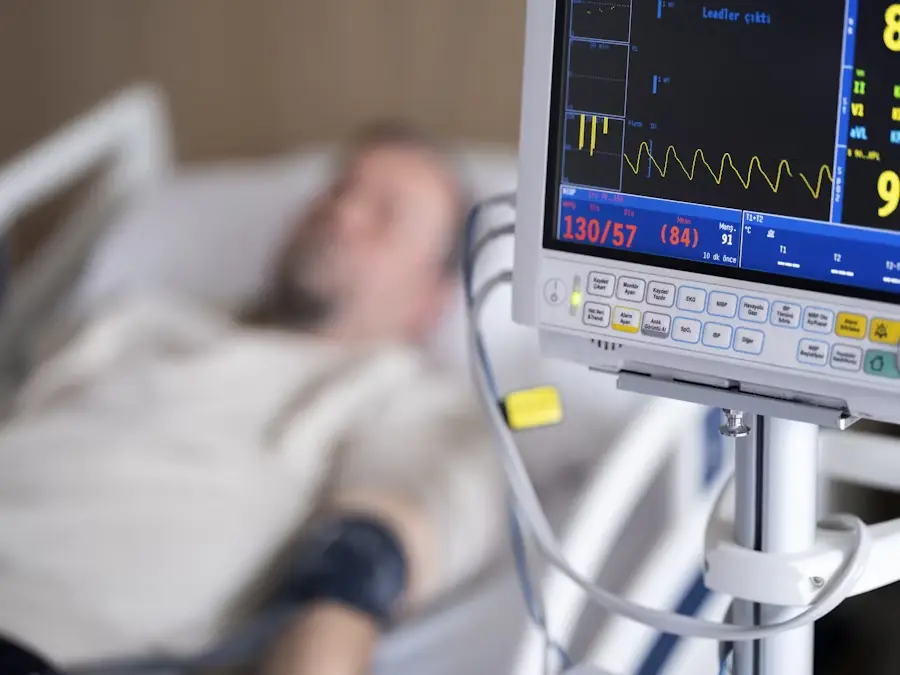
One Month Before A Heart Attack, Your Feet Will Give You These 6 Silent Warnings
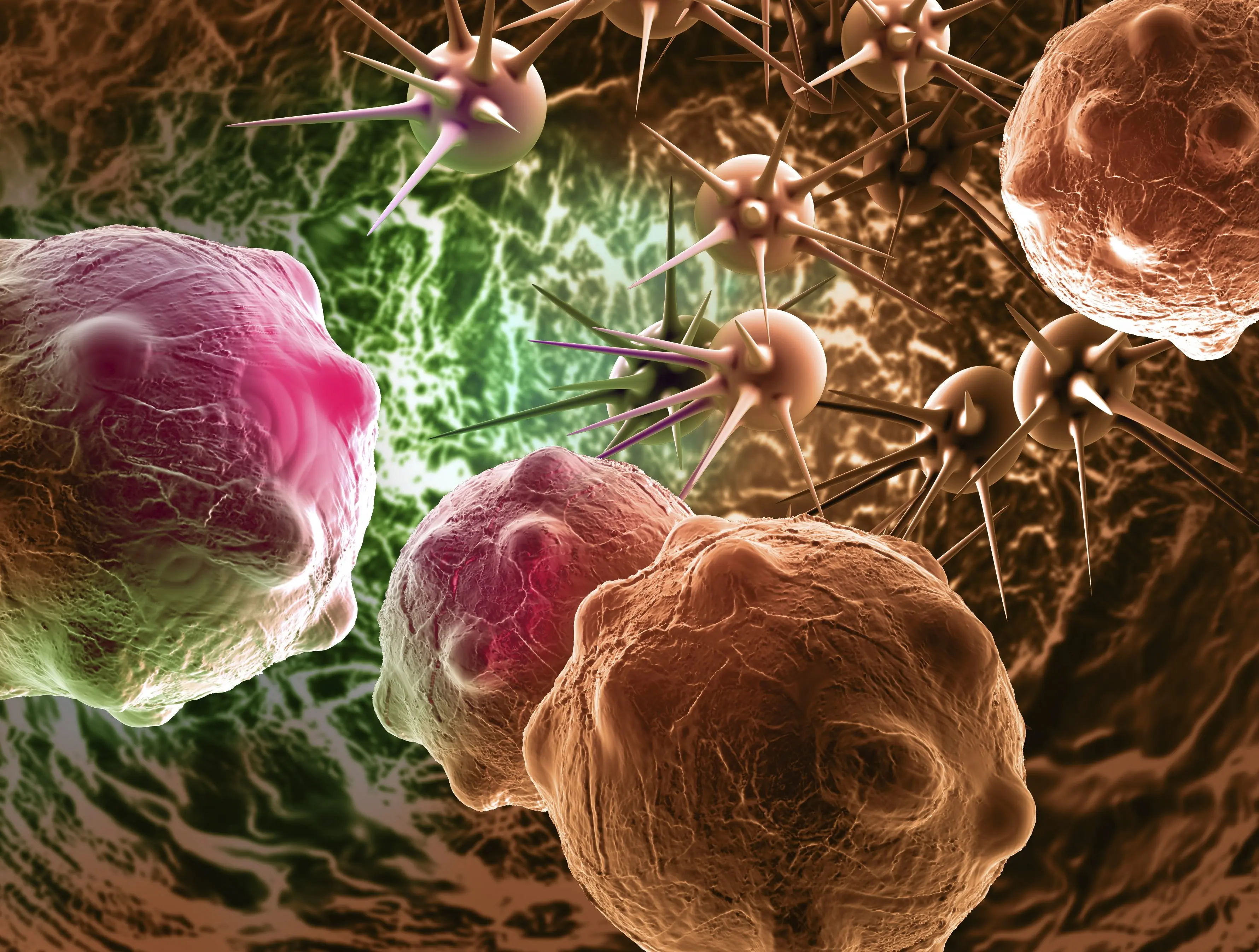
Striking simulation illustrates the progression of death from cancer
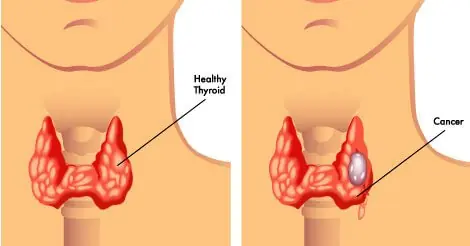
6 Types of Foods That Can Negatively Affect Your Thyroid
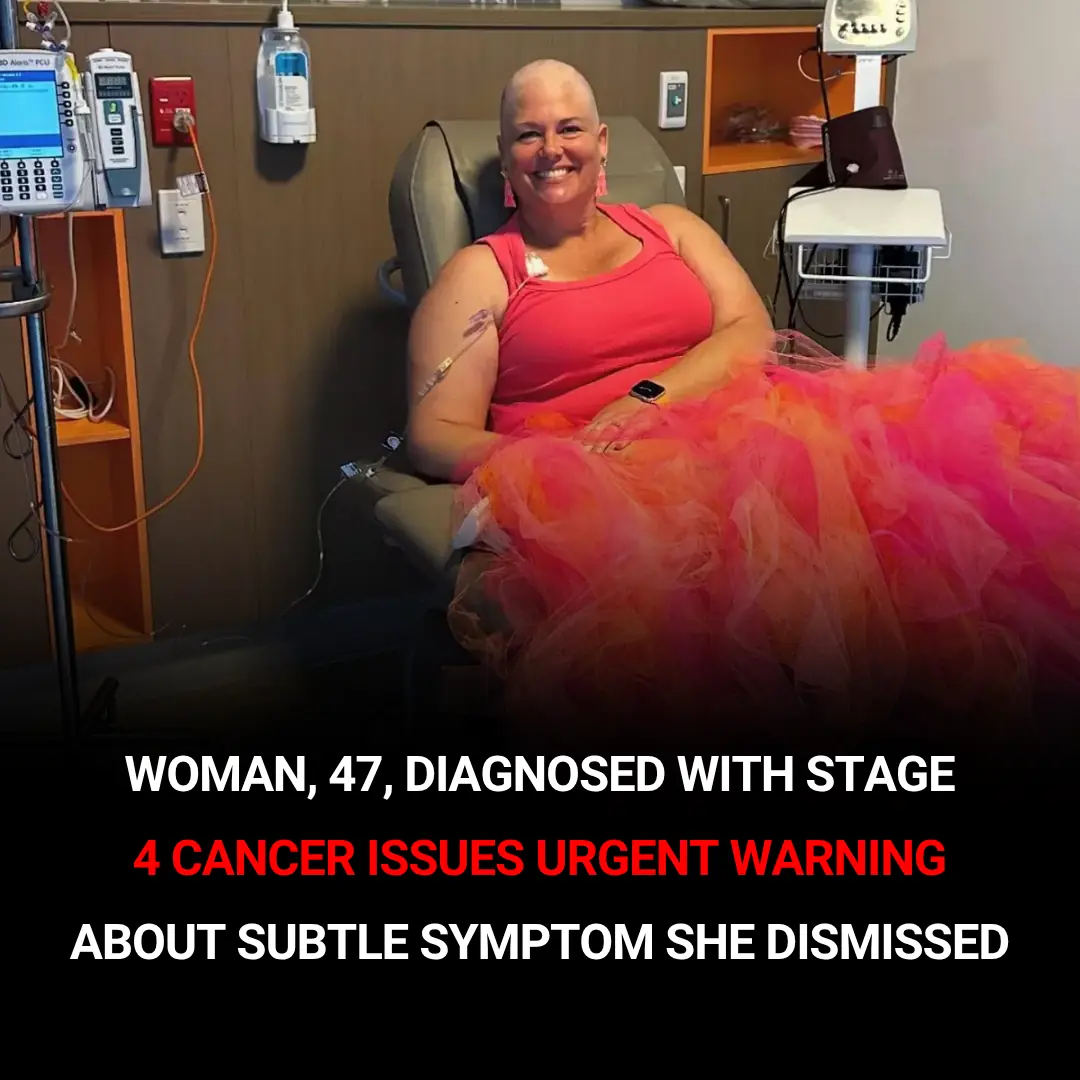
Stage 4 Cancer Survivor's Urgent Warning: Overlooked Minor Signs Can Hide Deadly Disease

Colon Cancer & Your Poop: What to Watch For and When to Get Help

Cardiologist Breaks Down 3 Unexpected Red Flags Of A Weak Heart

MY STAGE FOUR CANCER SYMPTOMS WERE DISMISSED BY TWO HOSPITALS - I WON'T GET TO SEE MY LITTLE GIRL GROW UP
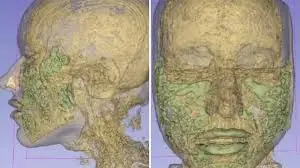
Doctor Reveals: MRI Scan Of The Face Of A 33-Year-Old Woman Reveals Where All Of Her Filler Went
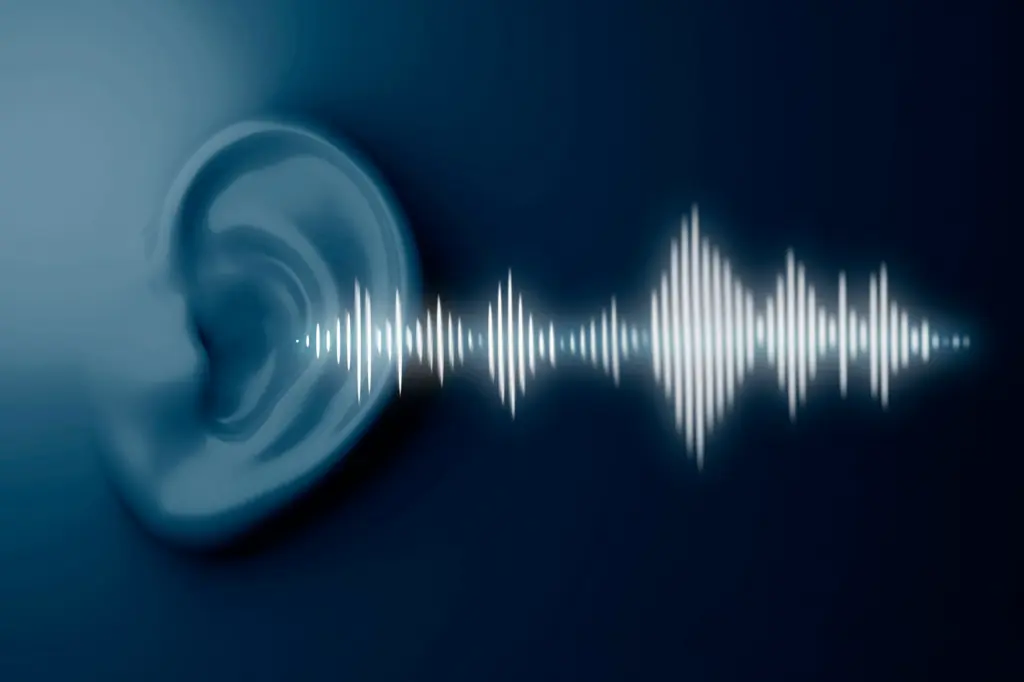
There Is One Sound A Person Makes That Means They Have Less Than 24 Hours To Live
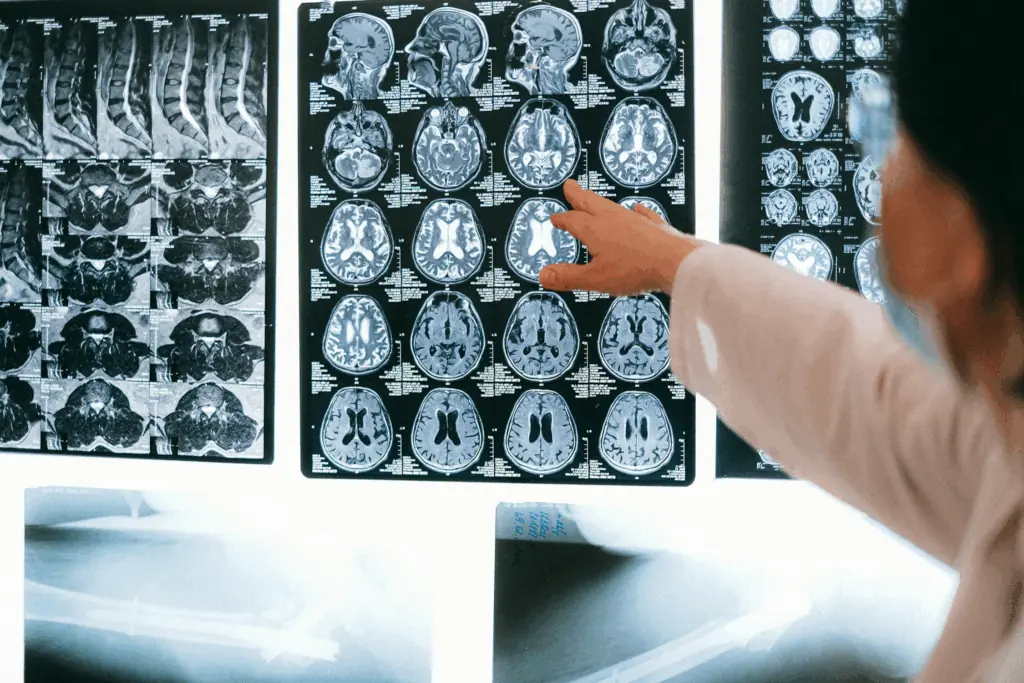
Warning Signs You Should Never Ignore: The Silent Symptoms Of A Brain Aneurysm

Having This Blood Type Will Make You Age Slower—And It’s Backed By Science

Shocking amount of time one can of soda can take off your life
One can of soda might seem harmless, but when multiplied across days, weeks, and years, the cost adds up - to minutes, hours, and even years of life lost.

Common Backyard Plant May Help Fight Tumors, Diabetes, And High Blood Pressure

Drinking Water On An Empty Stomach: Japanese Water Therapy, What Science Says and More
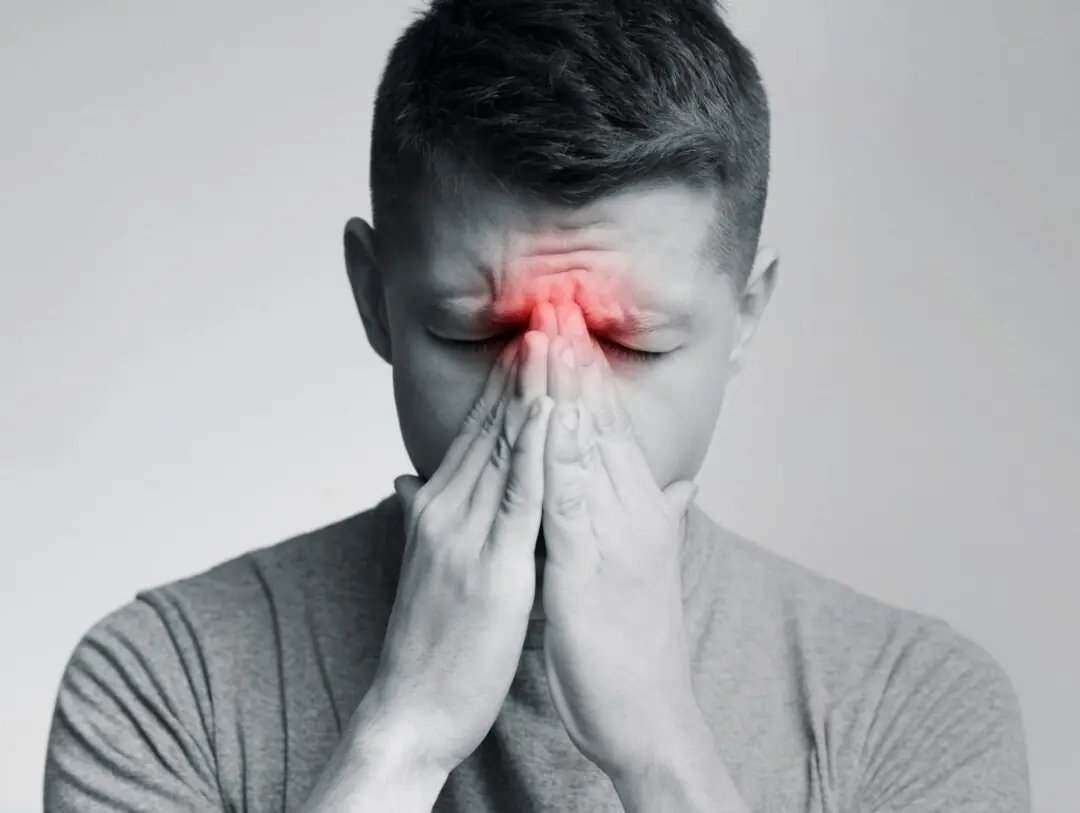
8 Natural Remedies for Sinus Infections That Work Without Antibiotics
News Post

This country will pay you $90,000 to move to a remote island

Weight loss drug shown to shrink breast cancer in groundbreaking new study

Study Digs Into Why America Leads World In UFO Spotting—Is It Culture Or Something Else?

FBI Declassified 1,427 Secret Files On Einstein—Internet Reacts

Scientists Explain The Effects of Eating Too Much Sugar

Urgent Warning: U.S. Salmon May Be Infected with Japanese Tapeworm, Say Scientists

Earth Plunged Into Darkness For Six Minutes In Rare Event Not Seen In A Century

Brain Teaser: Can you identify the error in this family’s dining room photo in under 15 seconds?

Authorities Discover 1,600‑Foot Drug Tunnel Under Us–Mexico Border With Lighting And Rail System

Bill Gates Says Only 3 Jobs Are Safe From AI — Are You In One Of Them?

Here’s What It Really Means When A Man Turns His Back In Bed

If You See A Man With One Painted Fingernail, Here’s What It Means

This house looked like it was about to fall into itself until one family stepped in

Why Kidney Failure Is Striking The Young—And How To Stop It

Bill Gates reveals profession which will remain '100% human' even after AI replaces most jobs

People shocked after passenger filmed as their phone went through X-ray scanner at airport

Mammoth structures discovered beneath Africa could be 'ancient planet' 4,500,000,000 years old

YouTuber discovers 78-year-old woman who's been keeping her own world alive in a 'dead' game for years

